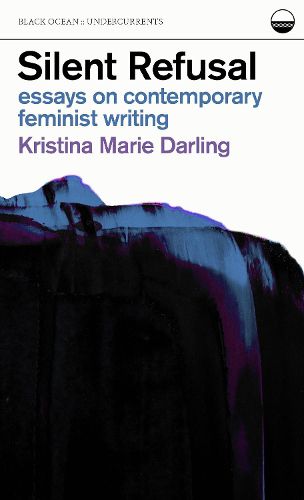Readings Newsletter
Become a Readings Member to make your shopping experience even easier.
Sign in or sign up for free!
You’re not far away from qualifying for FREE standard shipping within Australia
You’ve qualified for FREE standard shipping within Australia
The cart is loading…






What motivates writers to create purposefully difficult texts? In what ways is textual difficulty politically charged? In this collection of smart and accessible essays, Kristina Marie Darling seeks to answer these questions by delving deeply into the idea of difficulty in contemporary women’s poetry.
Through close engagement with recent poetry and hybrid work from women, non-binary writers, and writers of color, Darling argues that textual difficulty constitutes a provocative reversal of power, in which writers from historically marginalized groups within society can decide who is allowed into the imaginative terrain they have created. In constructing this argument, she shows the full range and artistic possibilities inherent in contemporary texts that foreground textual difficulty as an aesthetic gesture. This is powerful reading that will change how you think about contemporary poetry and its subversive possibilities.
$9.00 standard shipping within Australia
FREE standard shipping within Australia for orders over $100.00
Express & International shipping calculated at checkout
What motivates writers to create purposefully difficult texts? In what ways is textual difficulty politically charged? In this collection of smart and accessible essays, Kristina Marie Darling seeks to answer these questions by delving deeply into the idea of difficulty in contemporary women’s poetry.
Through close engagement with recent poetry and hybrid work from women, non-binary writers, and writers of color, Darling argues that textual difficulty constitutes a provocative reversal of power, in which writers from historically marginalized groups within society can decide who is allowed into the imaginative terrain they have created. In constructing this argument, she shows the full range and artistic possibilities inherent in contemporary texts that foreground textual difficulty as an aesthetic gesture. This is powerful reading that will change how you think about contemporary poetry and its subversive possibilities.